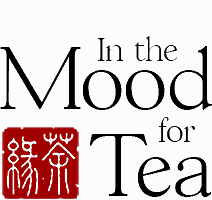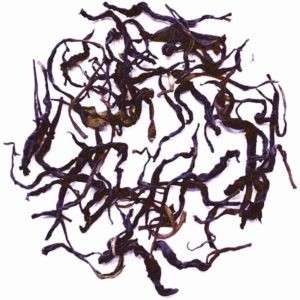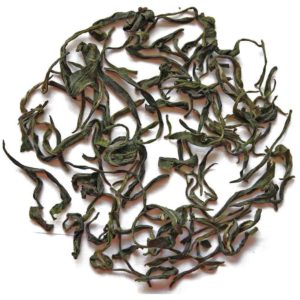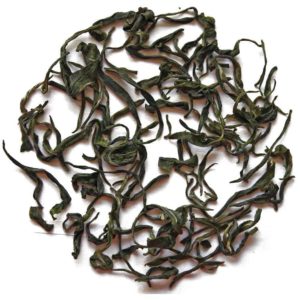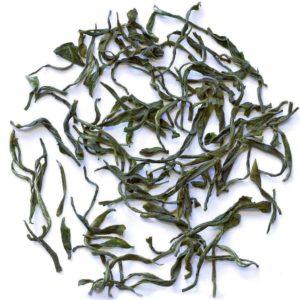Balyocha
139kr – 539krBalyocha is a semi-oxidised Korean tea with a unique production process. In Korea, which otherwise mainly produces green tea (nok-cha), interest in Balyocha has increased and the tea is now produced by both the large commercial producers and small family farms. We take our Korean teas directly from a small family farm in Hwagae, Hadong, the oldest area for tea cultivation...

